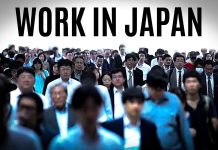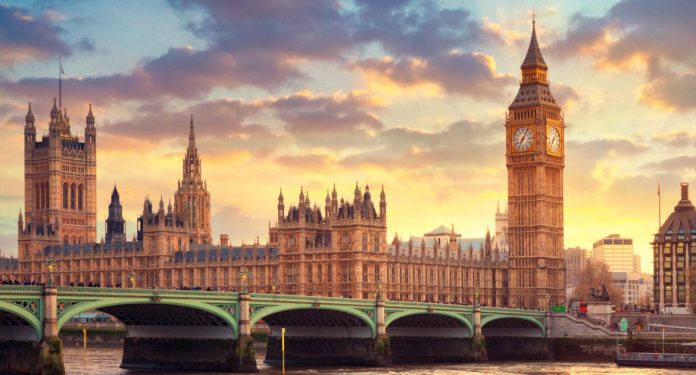Britain’s unemployment rate edged up to 5.1 per cent in the final quarter of 2020, official data showed today, as coronavirus lockdowns slashed economic activity. The rate compared with 5.0 per cent in the three months to the end of November, which was a 4.5-year high, the Office for National Statistics said in a statement. Analysts expect unemployment to surge when the UK government’s furlough scheme paying the bulk of wages for millions of private-sector workers comes to a stop — as currently planned — at the end of April.
Finance minister Rishi Sunak today hinted at further employment support in the coming months as England begins to exit its third lockdown form early March. Details are expected to come in his annual budget next week.
“I know how incredibly tough the past year has been for everyone and every job lost is a personal tragedy,” the chancellor of the exchequer said in a statement. “That’s why throughout the crisis, my focus has been on doing everything we can to protect jobs and livelihoods. “At the budget next week I will set out the next stage of our plan for jobs and the support we’ll provide through the remainder of the pandemic and our recovery.”
British Prime Minister Boris Johnson yesterday set out a four-step plan to ease coronavirus restrictions, expressing hope that life could get back to normal by the end of June. In a statement to parliament, he outlined a “gradual and cautious” approach to lifting curbs in England, starting with the reopening of schools from March 8 and non-essential retail from April 12.
The ONS today added that at 5.1 per cent, the unemployment rate was 1.3 percentage points higher compared with the final quarter of 2019. The number of payroll employees tumbled by 726,000 between February and January 2021, it said. “The rise in the unemployment rate… to 5.1 per cent in December is another step up on the climb towards the 6.5-per cent peak we expect by the end of the year,” noted Thomas Pugh, economist at Capital Economics research group. “But with the end of Covid-19 restrictions now in sight, the jobless rate may be back at 4.0 per cent in 2023,” he added.
— AFP




















